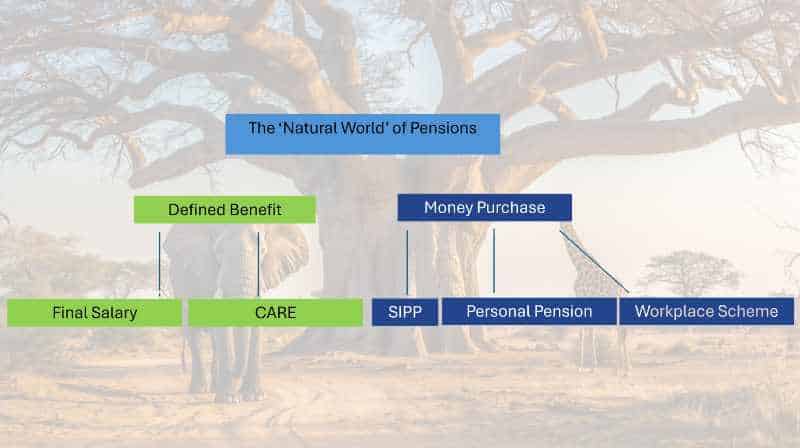
Have you ever done something and looked back and wondered what you were thinking? Or perhaps, you have seen someone doing something and you can’t fathom out why they are doing it?
To us, or the person we have witnessed, in the moment, the decision would have seemed rational and logical but actually, much of our decision making is done at the subconscious level and emotionally rather than logically.
There are two modes of thinking: system 1 and system 2. System 1 thinking is intuitive and takes place subconsciously. System 2 thoughts are made with careful deliberation, but it is hard and takes energy. Which is why most of our thinking is system 1 and done without our conscious knowledge. There is an evolutionary benefit to this; our survival was reliant upon us being able to act quickly rather than sitting around weighing up the pros and cons of various options before a life or death decision was made.
The problem with system 2 thinking is that it makes use of heuristics (mental shortcuts) when coming to a decision. Incorporated into this are various behavioural biases that we apply to act as filters to our decision making. These biases are referred to as cognitive biases and are often manifest in our decisions around relationships and money.
Companies play on these biases when advertising. They may frame a promotion to make it look cheaper (think Black Friday and supermarket price promotions when sales are compared against unrealistic standard prices), they create loss aversion to make us buy now (“only 1 left in stock”), and herding (“100 other people are also looking at this”).
We also tend to seek out information that confirms our beliefs, which is referred to as confirmation bias. Sport provides good examples of this; if you believe a footballer is particularly poor at something you will tend to seek out examples that support this theory and overlook situations when it disproves your theory.
All of these biases are why we can often look back at our decisions or those of others in the cold light of day and wonder what the heck we/they were thinking at the time.
All this matters because when we make financial decisions emotionally rather than logically they can often be self-sabotaging.
- If I believe that stock markets are a place where you go to lose money, because I have been burnt before or because news headlines play on fear, I’m unlikely to invest and so miss out on greater long-term returns which means my financial independence and security is less assured.
- If I read an advert that says I can get a guaranteed 8% return on an investment at no capital risk, this plays on how I frame a decision and ignores important information I need to know to make an informed decision (such as have other people succumbed to such chicanery?).
- If I believe that investing in property is the best way to make a long-term return I will seek out information that confirms this belief and ignore any contradicting data.
- If I am offered a high capital value for my company pension I am likely to overplay the value of the capital offered now and downplay or completely ignore the greater, long-term value of a guaranteed income for life.
- If I have a little bit of knowledge about companies and how stock markets work I risk being overconfident of my abilities which may lead to poor investment decisions and the loss of capital.
- Or, I might suffer from the endowment effect and hold onto poorly performing investments too long in the hope they might come back.
When I talk to clients about their financial decision making I encourage them to think about what is possible, what is probable and what is definite.
Take, for example, the person who prefers to live for today rather than save for the future. Perhaps, because they take the attitude they might get run over by a bus tomorrow. It is absolutely possible that they might get run over by a bus tomorrow, but they probably won’t. They will probably live to normal life expectancy. But, by spending the money now rather than save it for the future, they are definitely making it harder for their future selves to have financial independence and security.
Or, take the person who is fearful of stock markets so prefers to keep their money in savings. It is possible savings will provide a greater long-term return than shares but they probably won’t. Periodically, stock markets will definitely crash and there will definitely be periods every year when they correct. However, they will probably be the greatest source of long-term returns and inflation will definitely destroy the long-term value of savings.
If you would like help with your financial decision making, get in touch.
Photo by Pablo García Saldaña on Unsplash






